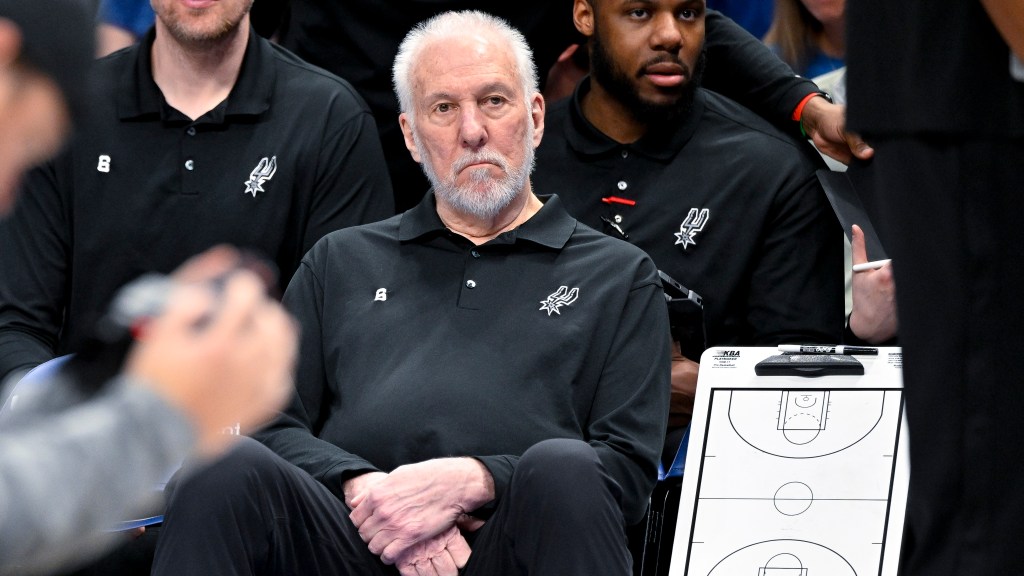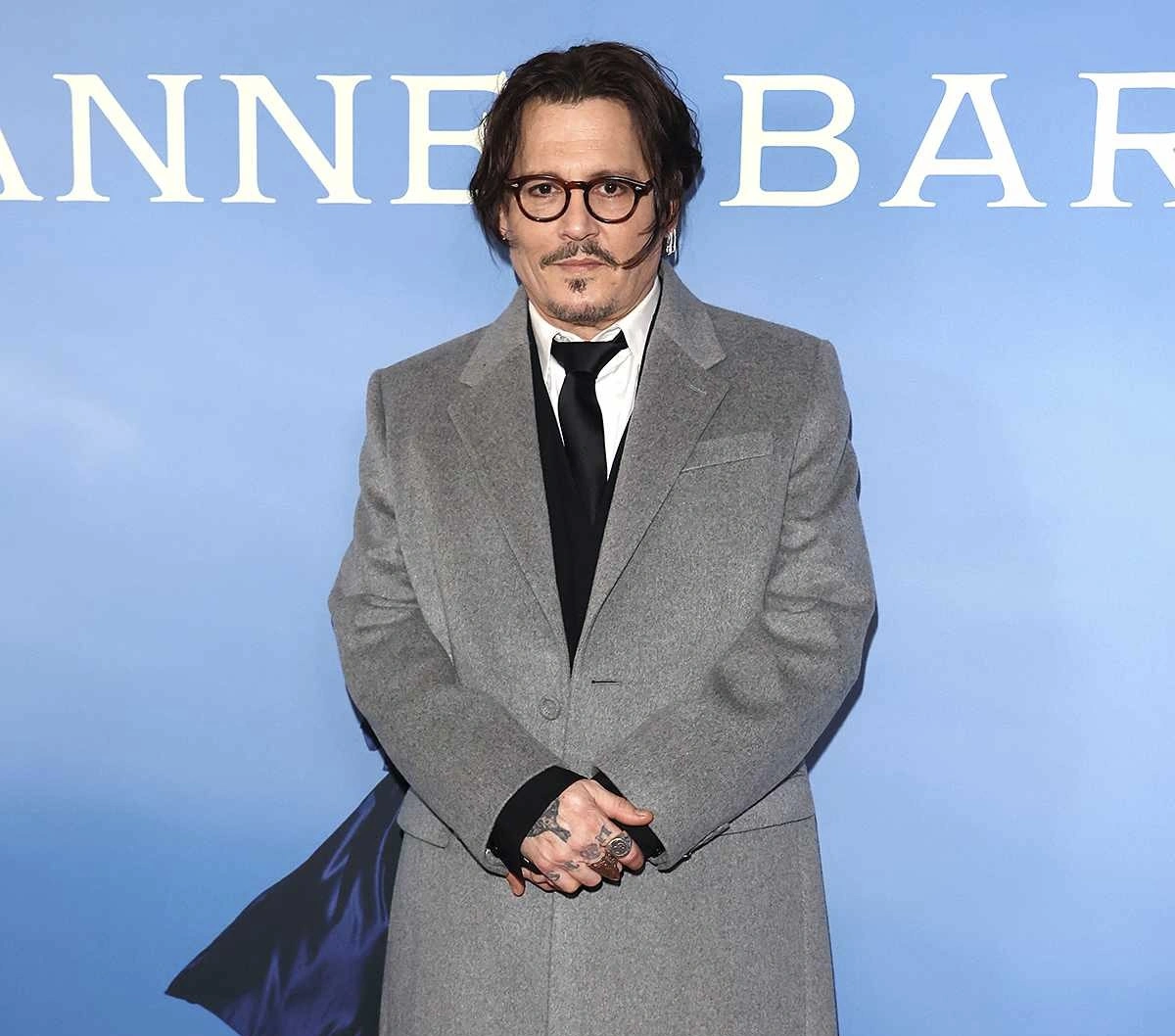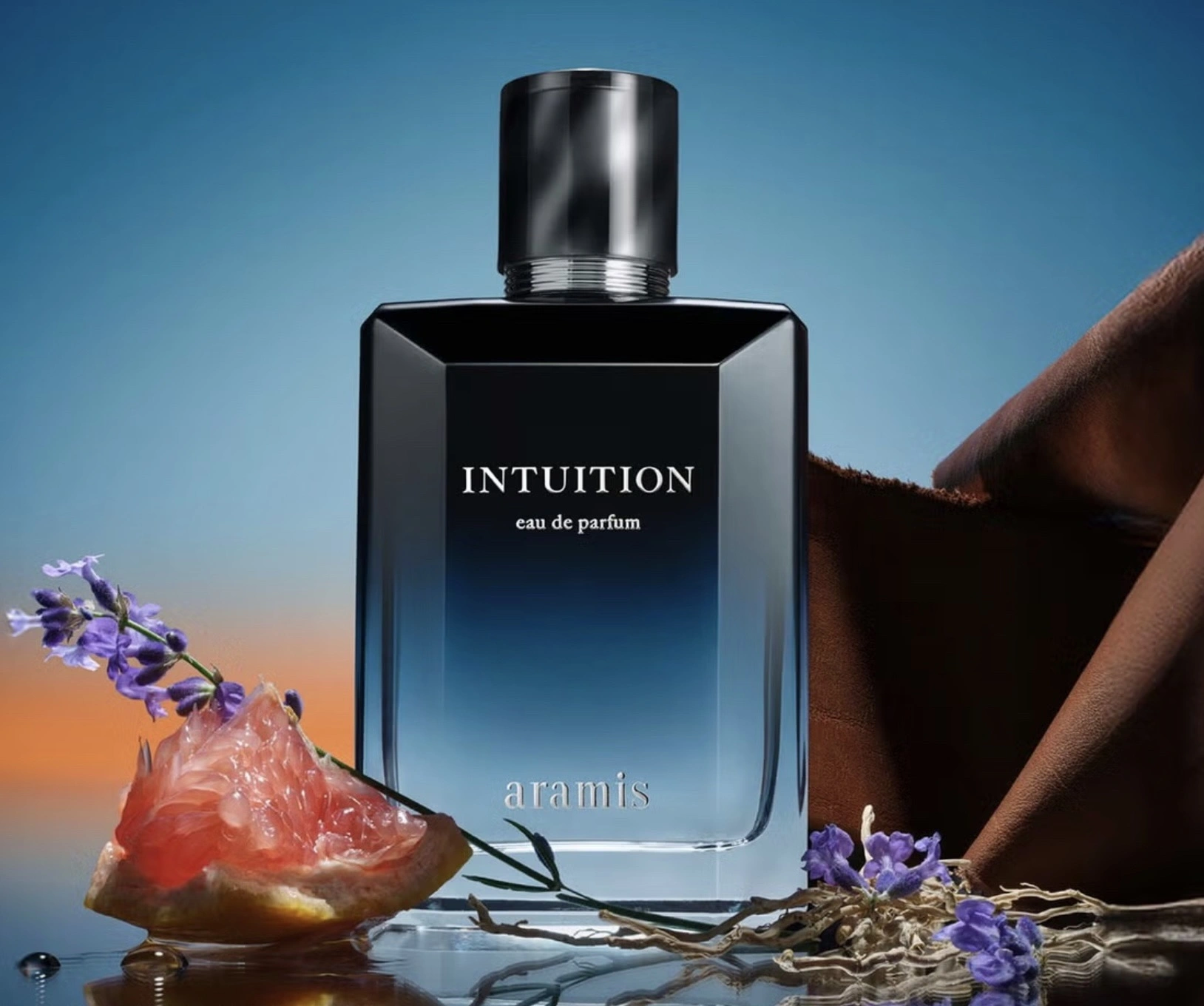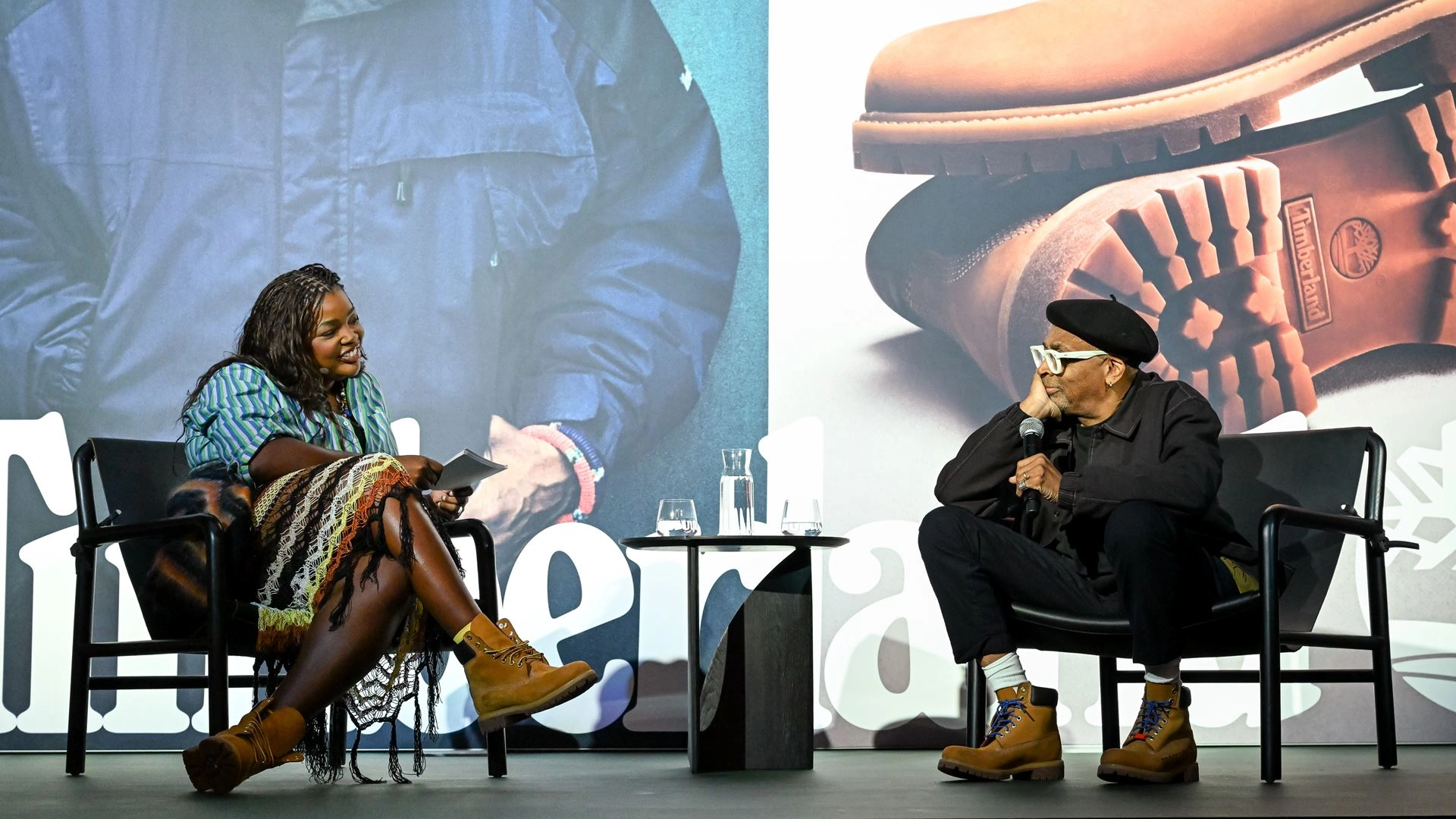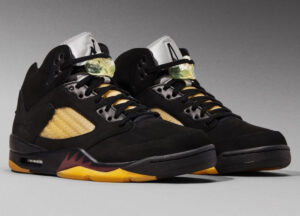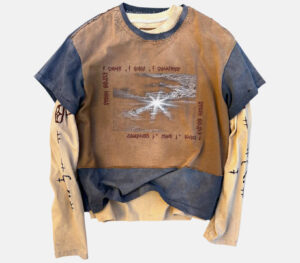In the mythology of basketball, few names are uttered with the reverence reserved for Gregg Popovich. Architect of a dynasty, master of the mid-game adjustment, and mentor to legends, Popovich redefined what it means to lead not just a team, but a culture. Now, after nearly three decades on the sidelines, the winningest coach in NBA history is stepping down as head coach of the San Antonio Spurs. The announcement comes in the wake of a stroke Popovich suffered in November—an event that, while quietly managed at the time, has accelerated a transition long whispered but never confirmed.
Popovich will remain with the Spurs in a new capacity as President of Basketball Operations, ensuring his fingerprints remain on the franchise he helped sculpt into a beacon of consistency, humility, and brilliance.
His departure from the bench marks the end of one of the most quietly influential eras in modern sport. It is the closing chapter of a coaching odyssey that spanned five NBA titles, over 1,300 victories, a mosaic of international talent, and an ethos of team-first basketball that resisted the flash of modern celebrity in favor of something deeper, tougher, and more enduring.
From Air Force to Alamo: The Genesis of Pop
Gregg Popovich’s story was never built for glamour. Born in East Chicago, Indiana, to a Serbian father and Croatian mother, Pop was cut from the steelworker cloth—disciplined, skeptical of excess, loyal to his roots. A graduate of the U.S. Air Force Academy, where he captained the basketball team, Popovich served five years of active duty, a period that would deeply shape his values, worldview, and coaching style.
It wasn’t until the late 1980s that he joined the Spurs organization as an assistant under Larry Brown. After a brief detour to Golden State under Don Nelson, Popovich returned to San Antonio in 1994 as the General Manager and VP of Basketball Operations. By 1996, he had appointed himself head coach—an unorthodox move that sparked criticism at the time, but one that would define the franchise’s next three decades.
The Duncan Era and the Birth of a Dynasty
Popovich’s genius was never louder than the system he built. It wasn’t showy. It was surgical. With the selection of Tim Duncan in the 1997 NBA Draft, the Spurs entered their golden age—not with brash declarations, but with a quiet relentlessness. Over the next two decades, Popovich would guide the team to five NBA championships (1999, 2003, 2005, 2007, and 2014) and 22 consecutive playoff appearances.
What made the Spurs unique wasn’t just their success—it was their style. Ball movement, selflessness, positional fluidity, and a disdain for ego became the Spurs’ signature. Under Popovich, the team transformed international players into stars—Manu Ginóbili from Argentina, Tony Parker from France, Boris Diaw from the French Alps, and later Patty Mills from Australia—all woven into a roster that celebrated cohesion over clout.
The 2014 Spurs championship run remains one of the most beautiful examples of team basketball ever played—a tactical symphony that avenged their heartbreaking 2013 loss to the Miami Heat with transcendent ball movement, relentless pace, and a philosophy that turned the ordinary into the sublime.
The Man Behind the Method: Popovich the Humanist
Popovich’s brilliance as a coach is inseparable from his character. He is a contradiction: gruff yet deeply compassionate, terse with the media but beloved by his players. Known for his deadpan press conferences and one-word answers, Pop’s real conversations happened behind closed doors—with wine, with wit, and with unwavering honesty.
He treated basketball as a means to a deeper end—emotional maturity, self-awareness, global curiosity. He pushed his players to think, not just execute. He insisted on reading, discussion, understanding the world beyond the hardwood.
Former players often speak of Pop as a father figure. Tim Duncan, famously laconic, once described him as “the best teacher I’ve ever had.” Steve Kerr called him a “conscience for the NBA.” And in the post-George Floyd moment, Popovich stood among the league’s loudest and most consistent voices for racial justice, democracy, and accountability—never diluting his views to protect his brand.
Pop didn’t just coach basketball. He coached values.
Stroke and Silence: A Health Scare Behind the Scenes
In November, news quietly circulated within NBA circles that Popovich had suffered a minor stroke. The Spurs, an organization known for its internal discipline, kept details minimal—offering only that he was in recovery and would reduce his travel and sideline presence temporarily.
Now, it becomes clear that the health scare catalyzed what was already a slow-moving transition. At 75, Popovich’s future had long been the subject of speculation, especially with the franchise entering a new phase of rebuilding following the Duncan-Ginóbili-Parker era.
But the stroke changed the tempo. It reminded the league—and Pop himself—of mortality. The image of him pacing the sideline, arms folded, eyes hawkish, barking defensive rotations, now gives way to a different kind of leadership: architectural, strategic, presidential.
A New Court Vision: Popovich Moves Upstairs
As President of Basketball Operations, Popovich retains ultimate influence. He will continue shaping the Spurs’ long-term direction—overseeing scouting, player development, and front office decision-making. His eye for character and fit remains the franchise’s moral compass.
It’s a model increasingly common in the NBA: legendary coaches like Pat Riley or Danny Ainge stepping into front office roles to sustain the cultures they helped build. For San Antonio, this means continuity. It also means mentorship—for players, yes, but also for young coaches rising through the ranks.
Already, figures like Becky Hammon, Ime Udoka, and Will Hardy—all Popovich proteges—have found success elsewhere. His coaching tree is among the most robust in the league, and his influence will continue to be felt in locker rooms far beyond San Antonio.
The Spurs in Transition: From Legacy to Possibility
The Spurs are no longer a perennial Finals threat. The last few seasons have been spent in draft purgatory, development mode, and identity-seeking. But the arrival of phenom Victor Wembanyama, the 7’4” French unicorn and No. 1 overall pick in 2023, has reignited hope in San Antonio.
Popovich’s decision to step aside as head coach now feels perfectly timed. He has laid the foundation. He has set the tone. And he leaves the bench knowing that the next era is beginning—with his blueprint still intact.
His presence in the front office ensures that San Antonio remains tethered to its values, even as it embraces modernity. Analytics, international scouting, pace-and-space offenses—the Spurs will evolve. But they’ll do it the Popovich way: slowly, carefully, with an eye toward the long game.
Legacy Beyond Numbers
Gregg Popovich retires from coaching with over 1,366 regular season wins, five NBA championships, three Coach of the Year awards, and an Olympic gold medal from the 2020 Tokyo Games. But his true legacy cannot be tallied in trophies.
It’s in the trust he earned from his players. The standard he set for sportsmanship. The courage he showed in speaking uncomfortable truths. The global family he built inside a Texas gym.
Popovich made San Antonio not just a basketball team, but a basketball philosophy. He taught that winning doesn’t require compromising character. That greatness can be humble. That systems outlast stars.
The Final Word
There will never be another Gregg Popovich. Not because of his wins, or his rings, or his sideline stare. But because of the way he made coaching an act of radical decency in an increasingly performative world.
As he trades clipboard for conference table, he leaves behind a league transformed—and a game that will always whisper his name when the ball moves beautifully and selflessly across the floor.
Popovich may be stepping away from the bench, but his system, his spirit, and his steel-eyed wisdom remain. The final timeout is called—but the game he shaped plays on.
No comments yet.

